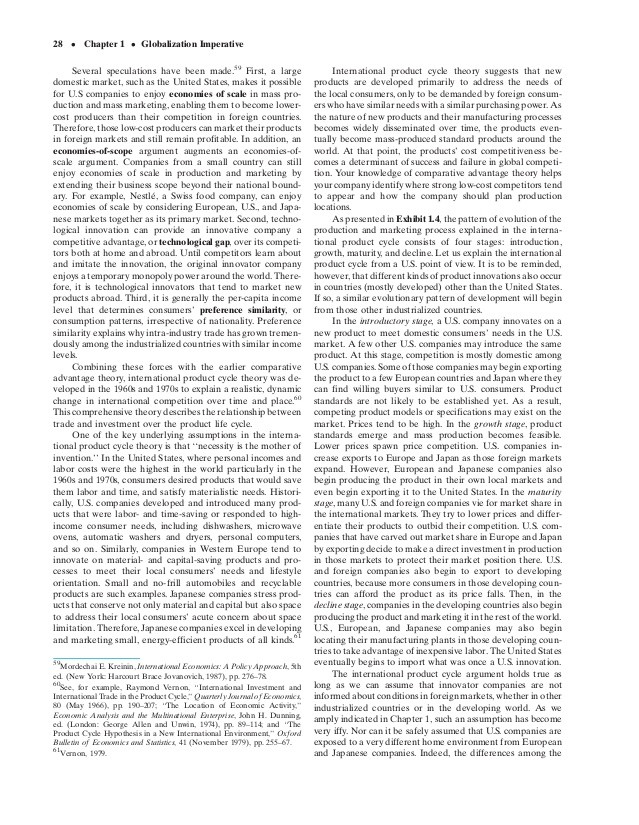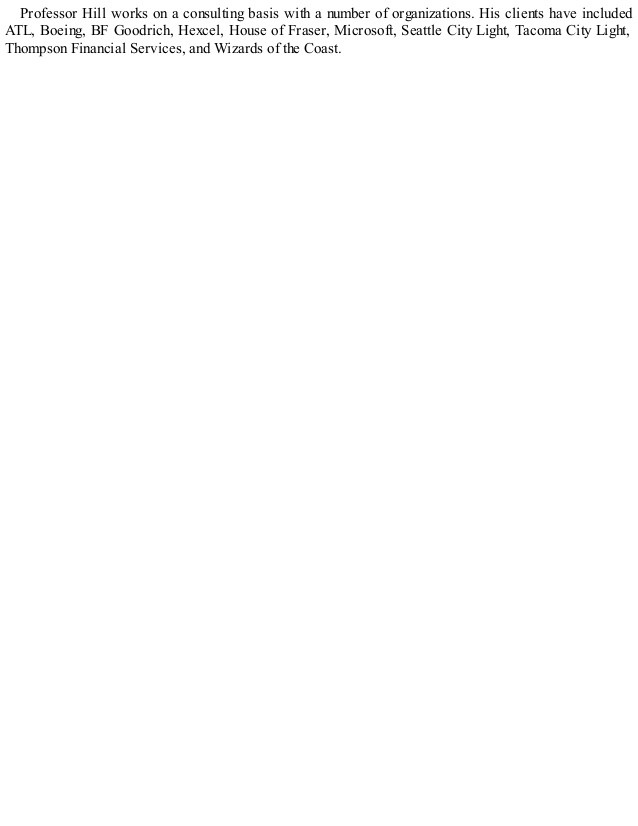Argentina Risk Assessment globalEDGE Your source for Global Business Knowledge
Post on: 28 Апрель, 2015 No Comment

Country Rating 1
Business Climate Rating 1
Risk Assessment 2
Argentina moves into recession, exports slow
Argentina entered recession at the beginning of 2014, although activity had already started to contract towards the end of 2013. Following a slowdown in 2013, household consumption fell slightly at the beginning of 2014. Real wages are falling and confidence among the population is declining. Exports have fallen steeply, with the reduction in sales of vehicles to Brazil and new cereal export quotas. As occurred at the end of 2013, the drop in imports was much less marked and the external sector posted a negative contribution to growth. Investment is also falling because of strict import controls and restrictions on foreign currencies operations. Inflation is moving upwards, partly because of the devaluation of the peso: on the basis of the price index as calculated by university institutions, it is likely to exceed 30% in 2014.
Fragile external accounts, loose budgetary and monetary policies
The current deficit, which increased in 2013 as a result of rising energy costs, continued to worsen into 2014 because of the weakening of the surplus in merchandise trade. This surplus can no longer offset the deficit in services and income (debt service and repatriation of profits by foreign owned companies), limited in the latter case by foreign exchange controls.
Monetary policy has tightened since the beginning of 2013 in an attempt to counter inflationary pressures arising from the sharp depreciation of the peso in January (-15%). The government used its foreign currency reserves to try to limit the fall of the peso and these dropped from USD 43 billion in January 2013 to USD 26 billion by the end of May 2014. The decline of the peso on the black market in recent months points however to expectations of further depreciation among many Argentines. The exchange rate risk therefore looks substantial, connected with a possible new Argentinean debt default (see below) and the worsening of the current balance.
The fiscal balance has also declined at the beginning of 2014: the budget deficit has worsened as a result of wage increases granted to some government employees at the end of 2013. The reduction in the scale of subsidies (5% of GDP) benefiting the energy and transport sectors is hypothetical. The budget deficit is largely financed through money creation because the government cannot access international financial markets. It is also financed through borrowings on the domestic market: as a result, public debt will exceed 50% of GDP at the end of 2014. The government has been attempting to regain access to the international financial markets since the end of 2013: an agreement was signed with the public creditors of the Paris Club and the government compensated Spanish oil and gas company Repsol following the nationalisation of YPF (national oil and gas operator).
Facing a judicial impasse, Argentina could default on its restructured debts
Ordered by a New York court to pay the so-called vulture (holdout) funds, the court also ordered the seizure of payments to holders of its restructured debt and Argentina was thus unable to make its interest payments (of around USD 900 million) on 30 June (the money was frozen by the US judiciary). The country has until 30 July 2014 (grace period) to reach an agreement with the vulture funds, to which it has been ordered to pay USD 1.3 billion, or it will default on its sovereign debt, for the second time since 2001. In this case it is highly likely that the private sector would temporarily loose access to international financial markets.

Escalation in political and social tensions likely ahead of elections in October, 2015
The popularity of the government is declining. A corruption scandal involving the Vice-President exacerbated has made the matter even worse. The government is also facing an increasingly structured political opposition (including parts of the ruling Peronist Party), which is criticising the President Kirchner over her handling of the vulture funds crisis. Social tensions are on the rise in spring 2014, resulting in strikes by workers of the crisis-hit automobile and steel industries, as well as in other sectors (teachers, bus drivers, bank employees, etc.). The popular discontent is being relayed by the powerful unions. It is above all being stoked by rising inflation, which led to a reduction in real earnings since the beginning of 2014. In this context, as the economy enters into recession, the possibility of another social conflict is quite high.
Strengths
- Abundant agricultural (soya, cereals, beef, fruit), energy (gas, oils, hydraulic) and mineral resources (gold, silver, copper)
- Skilled labour force: Education level above the regional average
- Democratic political system
Weaknesses
- Dependence on agricultural raw materials and therefore on climatic conditions
- Pro-cyclical fiscal policy
- Mediocre business environment
- Poor financial intermediation
- Inadequate investment in energy and transport
- Controls on imports and capital movements
- Tenuous access to international financing
- Poverty, strong social disparities and social tensions














